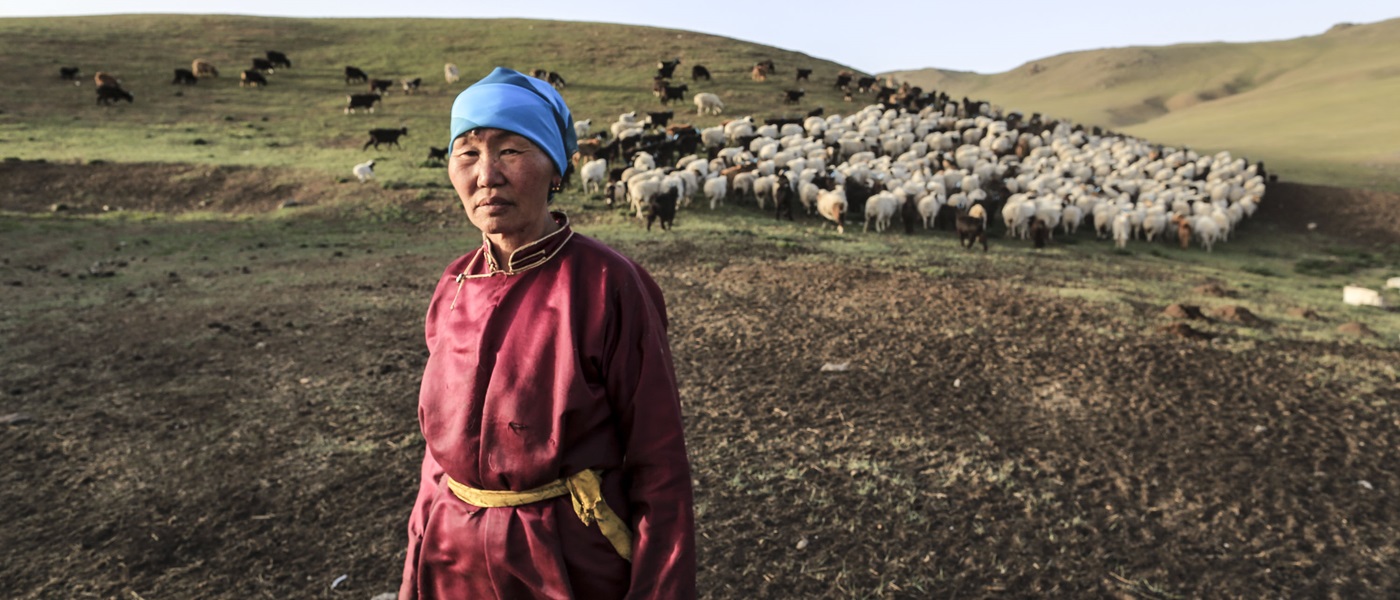Koronivia Joint Work on Agriculture

The Koronivia Joint Work on Agriculture (KJWA) is a landmark decision (decision 4/CP.23) recognizing the unique potential of agriculture in tackling climate change. The KJWA was established at the 23rd Conference of the Parties (COP) in Fiji in 2017 as a new process to advance discussions on agriculture in the United Nations Framework Convention on Climate Change (UNFCCC).
Under the leadership of the UNFCCC Subsidiary Body for Scientific and Technological Advice (SBSTA) and Subsidiary Body for Implementation (SBI), and in conjunction with ten Constituted Bodies of the Convention, countries agreed to work together to make sure that agricultural development ensures both increased food security in the face of climate change and a reduction in emissions. The joint work addressed six topics related to soils, nutrient use, water, livestock, methods for assessing adaptation, and the socio-economic and food security dimensions of climate change across the agricultural sectors, and two additional intersessional elements on sustainable land and water management (part 1) and strategies and modalities for scaling up implementation (part 2).
Koronivia road map and outcomes (2018-2021)
Countries and observers submitted their views and recommendations on each topic through submissions, which were discussed at workshops organized by the UNFCCC secretariat. Workshops for each of the six KJWA topics were held during the 2018-2020 Subsidiary Body (SB) sessions.
At COP26 in November 2021, Parties found significant agreement on the last three topics of the KJWA road map, which complemented the conclusions already adopted on the previous three. The conclusions relative to each of the topics are the result of a process combining views from Parties and observers submitted to the UNFCCC, KJWA workshops, and the corresponding UNFCCC secretariat workshop reports (the conclusions are available in French | Spanish | Russian | Chinese| Arabic). Parties agreed on a set of conclusions related to the additional intersessional workshops in June 2022.
At COP27, Parties decided to continue this work by establishing the new four-year Sharm el-Sheikh Joint Work on Implementation of Climate Action on Agriculture and Food Security (Decision 3/CP.27). This decision takes note of the conclusions of the KJWA in its recommendations in paragraph 2, recognizing that relevant policies and their implementation are context-specific and take into account national circumstances. The decision also invites Parties to consider relevant policies, actions and measures to implement the conclusions (para. 12) and invites current and future COP Presidencies, high-level champions and other stakeholders to take them into account when promoting climate initiatives (para. 13).
FAO support
Working in close collaboration with UNFCCC and other actors at the international and national level, FAO supported the development and implementation of the KJWA. Projects funded by Germany and Japan boosted the KJWA through the development of new knowledge products on KJWA thematic areas, knowledge exchange and tools for countries to access climate finance. FAO supported countries and stakeholders in their effort to be more organized and effective in the KJWA negotiation process by providing technical support to adapt to and mitigate climate change through webinars, workshops and knowledge products, and facilitated country-to-country exchanges within growing regional groups.
